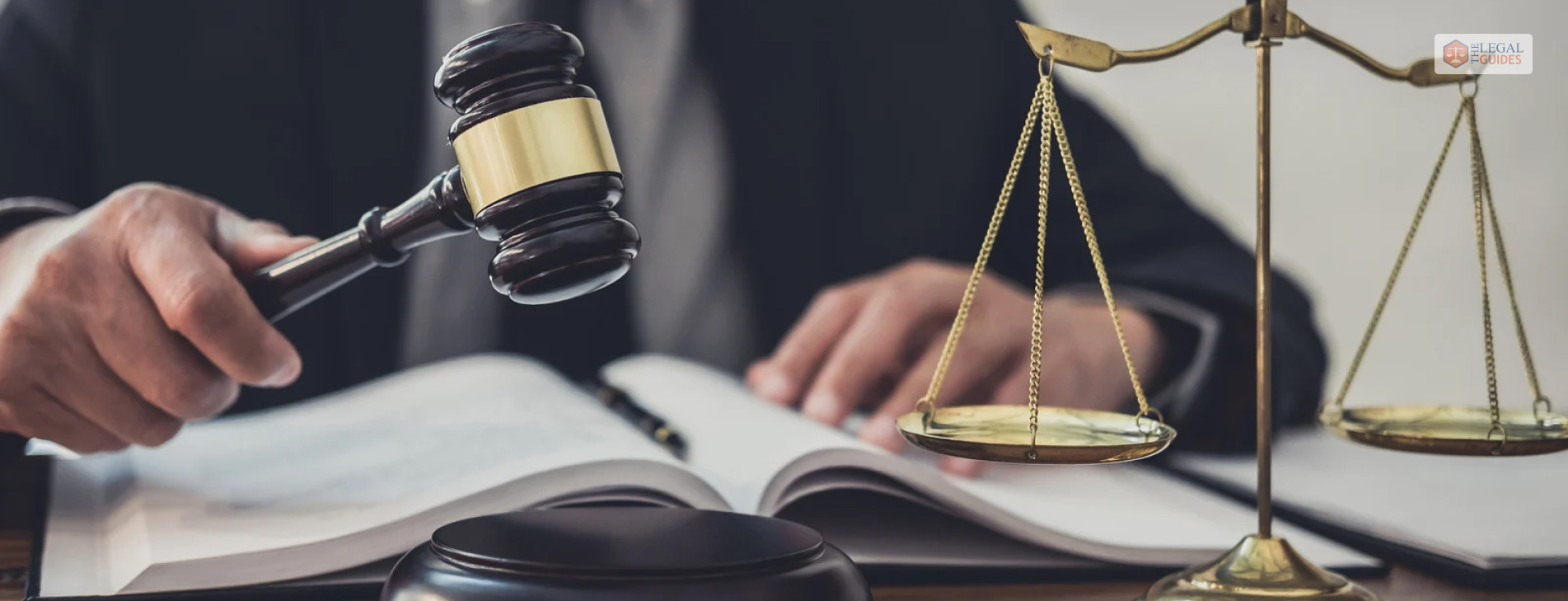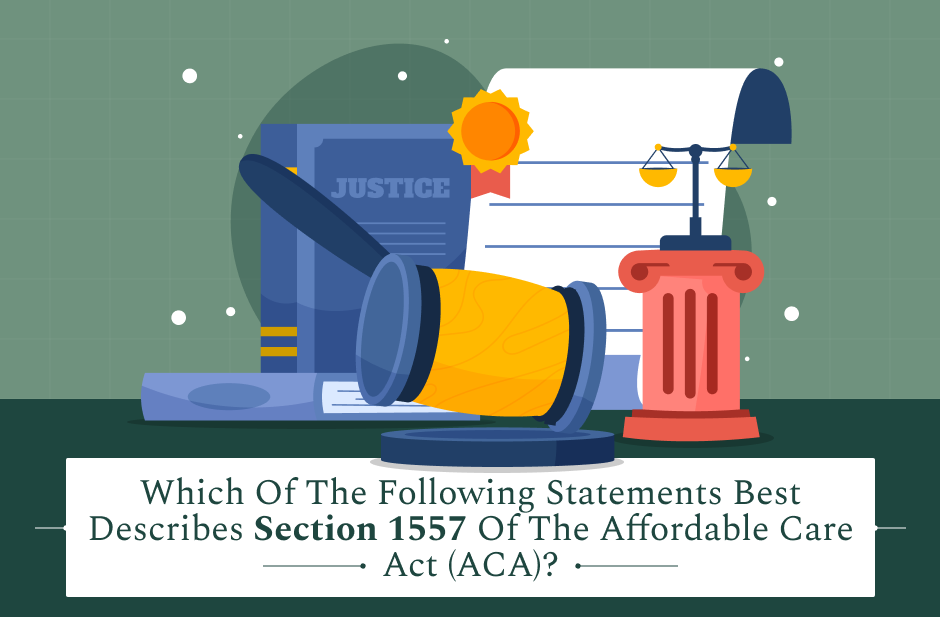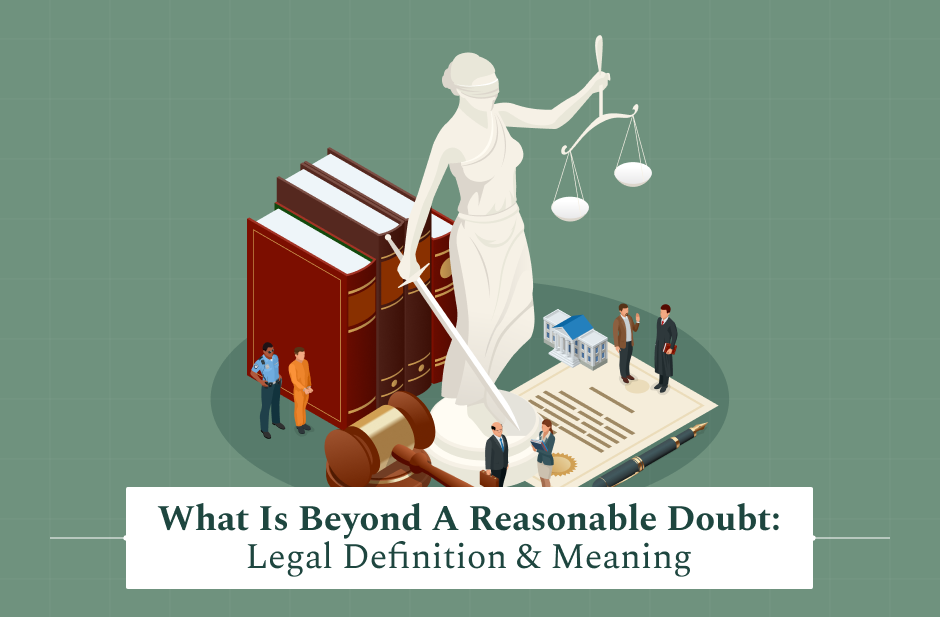You must have seen how, in most cases, the police go for an arrest warrant as their legally binding action when they do not doubt that a suspect has committed a crime and they have to take them into custody.
Through such a warrant, the police are authorized to take a person away from the location. This tool, which the judges or magistrates grant the officers in the form of written orders, is the legal power to make arrests.
In one way or another, you can say that these arrest warrants lie at the very heart of the criminal justice system. This is primarily because they represent an attempt to balance the state’s duty to maintain law and an individual’s constitutional rights to freedom from unlawful searches and seizures.
In this article, I will explain the following things:
- What is an arrest warrant?
- Types of arrest warrants.
- The key aspects of an arrest warrant.
- Legal impact and implications of an arrest warrant.
Additionally, I will also answer some of the questions that people often ask about an arrest warrant. So, if these are the things that you want to know, keep on reading this article till the end…
What Is An Arrest Warrant?

An arrest warrant is a formal document signed by a judge or magistrate delegating to the police the power to take a particular person into their custody and hold them.
As per the Legal Information Institute (LII) at Cornell Law School, an arrest warrant is “a document issued by a judge or magistrate that authorizes the police to take someone accused of a crime into custody. An arrest warrant is issued by the competent authority upon a showing of probable cause, which means a warrant may be issued if a reasonable person would believe the information at hand is sufficient to suggest criminal activities.”
According to Nolo, these documents “typically identify the crime for which an arrest has been authorized, and may restrict the manner in which an arrest may be made.”
In the U.S., the Fourth Amendment to the Constitution is the legal basis for arrest warrants. It states that no warrant shall be issued except “probable cause” supported by an oath or affirmation. This is a guarantee that arrests are not done randomly or without any signs of guilt.
What Are The Types Of Arrest Warrants?
The type of arrest warrants generally depends on the circumstances and the nature of the offense. In general, the most common types are:
| Type | Meaning |
| Bench Warrant | When a person does not appear in court or follow a court order, the judge will issue such a warrant. For instance, by not showing up at your DUI court date, you could get a bench warrant |
| Felony Arrest Warrant | An individual who is suspected of a violent crime, such as murder, robbery, or assault, is the one for whom such a warrant is issued. Besides that, cops get quite a few options under these dispatches to catch suspects |
| Misdemeanor Arrest Warrant | This is a warrant issued for minor offenses (e.g., petty theft, disorderly conduct). At the same time, the methods of performing the arrest are less strict than those for felonies, but the suspects still face legal repercussions. |
| Search and Arrest Combination Warrant | In some cases, courts grant a warrant to both search and arrest an individual upon the discovery of the location |
| Civil Arrest Warrant | This is an infrequent but feasible alternative in civil matters (e.g., someone who is unwilling to follow a court order in family law cases). |
What Are The Key Aspects Of An Arrest Warrant?
There are some musts that need to be fulfilled in order for an arrest warrant to become valid:
- Issued by a Neutral Magistrate or Judge: Ensures the police do not use their power illegally.
- Supported by Probable Cause: There should be some evidence indicating that the person committed a crime.
- Particularity Requirement: The warrant should specify who the person to be arrested is.
- Affidavit or Complaint: A report made by law enforcement or the prosecutor that states the reasons why the warrant should be issued.
- Execution Rules: A warrant generally details the conditions under which the arrests can be made (e.g., during the day or at night, safe or forced arrest).
Note: A warrant that is missing one or more of these features can be considered invalid, and the arrested party may issue a lawful disposition of the arrest in a court.
How Does An Arrest Warrant Happen?
The process of issuing and carrying out a warrant of arrest is generally step-by-step. Here is the entire process that you need to know about:
- Investigation And Evidence Collection: either the law enforcement officials or the district attorneys collect the necessary evidence to establish the link between the suspect and the crime.
- Filing An Affidavit Or Complaint: The police give the judge or magistrate a sworn affidavit or a complaint that sets out the probable cause.
- Verification By The Courts: A judge looks at the proposal to make sure that it respects constitutional rules.
- Giving The Warrant: The judge will sign and send the warrant in case of a yes answer.
- Carrying Out The Warrant: The officers locate and arrest the one whose name is on the warrant. They have to tell who they are and in most cases, show the warrant to the suspect.
- The First Appearance Before The Court: Generally, the defendant undergoes the judge’s arraignment process within 24–48 hours of being detained.
Read Also: What Is An Acquittal: Legal Definition & Meaning
What Are The Legal Impact Of An Arrest Warrant?
Now that you know what is an arrest warrant, let me talk about its significance. There are numerous legal effects that emanate from the issuance of an arrest warrant, including:
- Loss of Freedom.
- Impact on Criminal Records.
- Extradition.
- Constitutional Safeguards.
- Suppression of Evidence.
Frequently Asked Questions (FAQs):
Now that you are aware of what an arrest warrant is, here are some of the questions that people also ask about the same topic. Please take a look at them before you leave.
Yes. In case a misdemeanour is committed in their presence, or if there is a reasonable ground for believing that a certain offence has been committed, the police can still do a warrantless arrest.
As a rule, arrest warrants are valid until they are executed, withdrawn, or recalled by the court.
Yes. If the individual concerned makes a voluntary court appearance, posts bail, or if the underlying issue is resolved, then the warrant can be cleared.
No, not always. While the police need to inform the suspect of the warrant, they are not always required to have the actual document on hand at the time of the arrest.
It is generally not a good idea. Warrants are entered in databases that can be accessed from anywhere in the country, and an individual may be arrested at an airport, during a traffic stop, or even at a routine encounter.
















